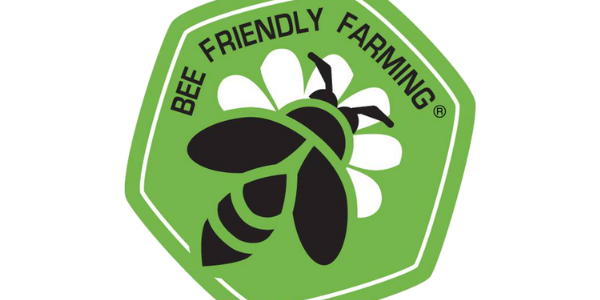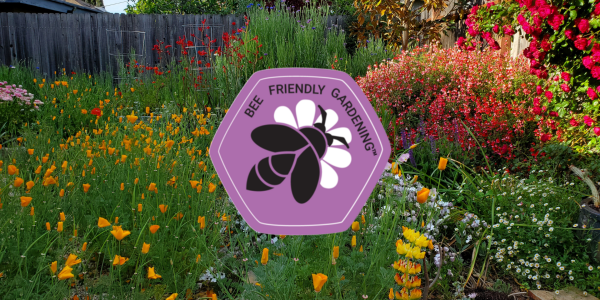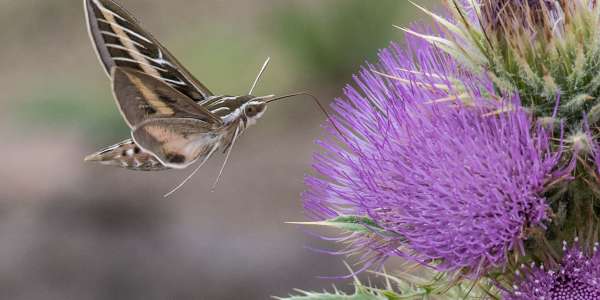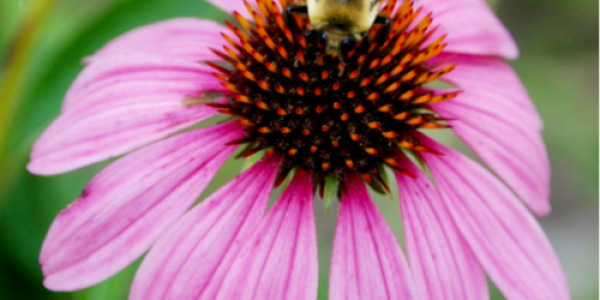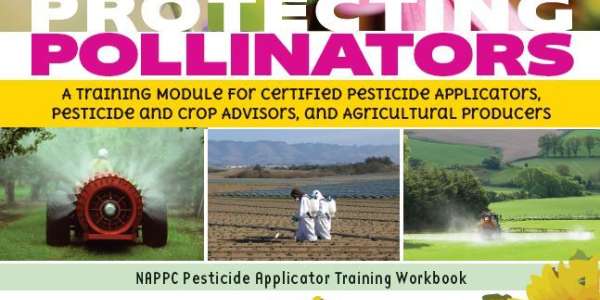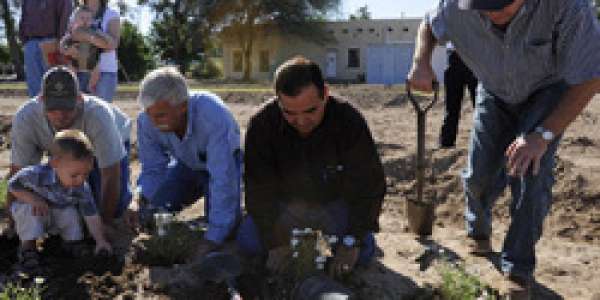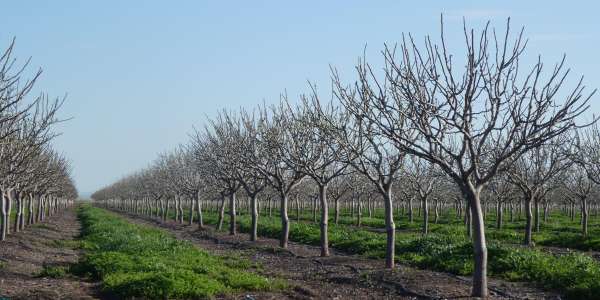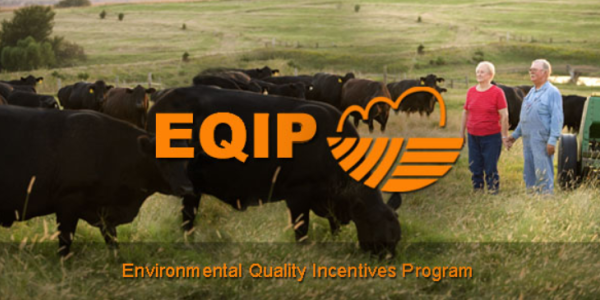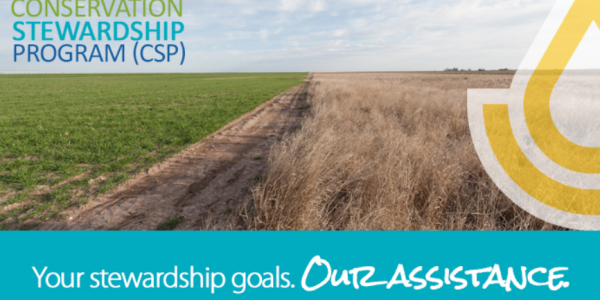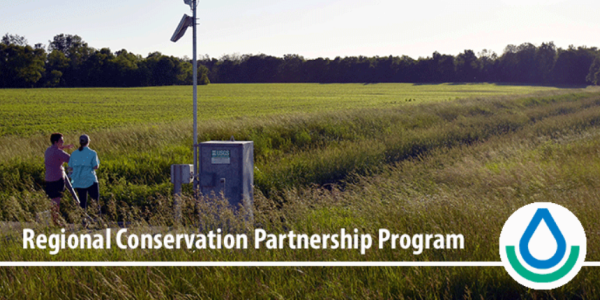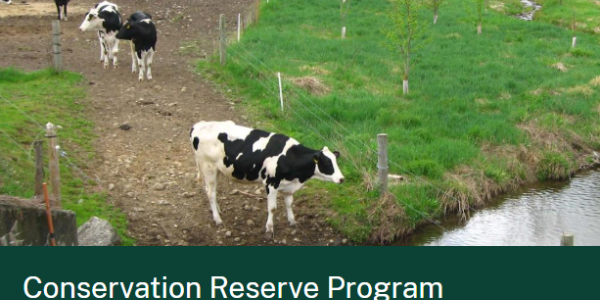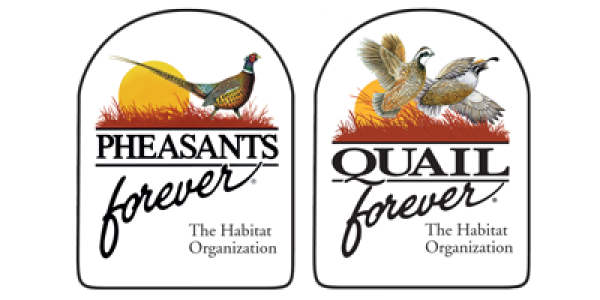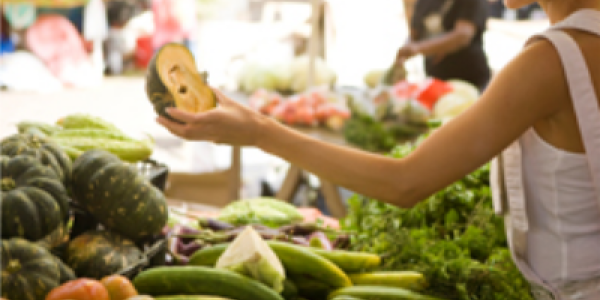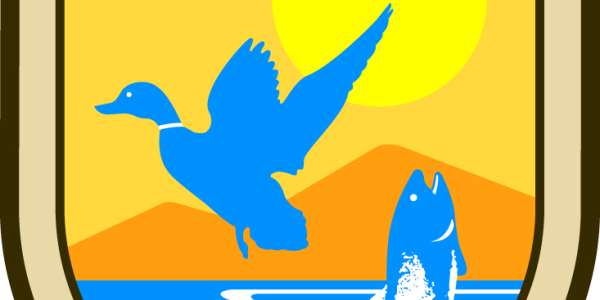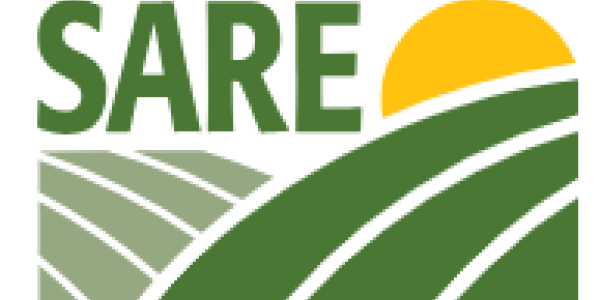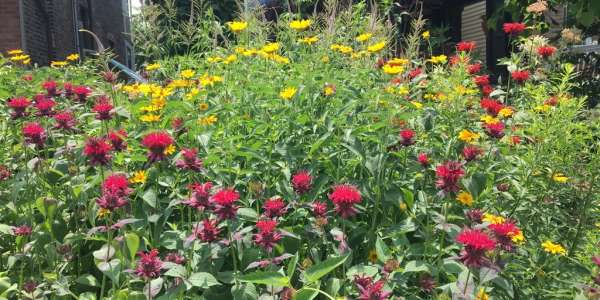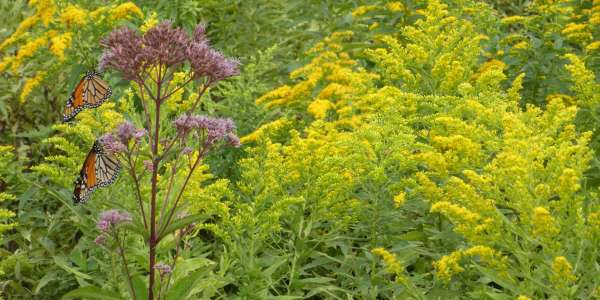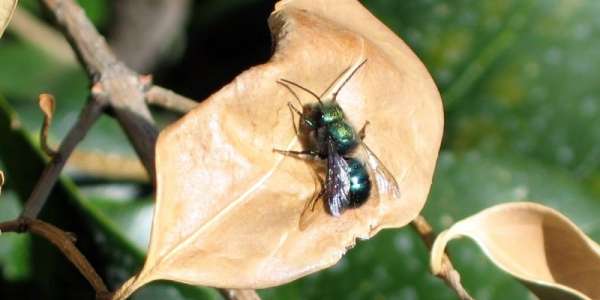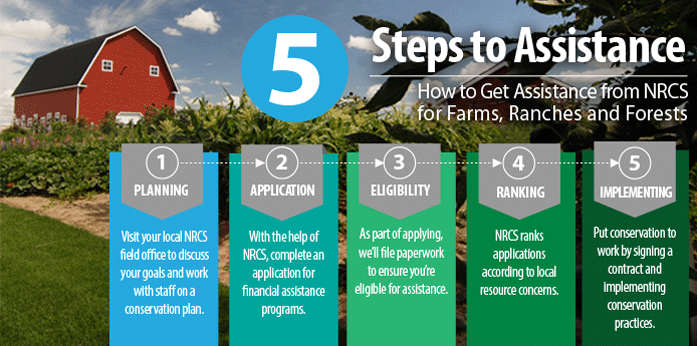
National Resources
Pollinator Partnership Programs and Resources
-
Bee Friendly Farming
Bee Friendly Farming (BFF) is a certification program from Pollinator Partnership working with farmers to help protect, preserve and promote pollinator health.
-
Bee Friendly Gardening
Bee Friendly Gardening (BFG) helps people play a bigger role in the health of pollinators and the planet. Join BFG today to connect with a network of gardeners all across North America and beyond
-
Eco-Regional Planting Guides
Our ecoregional planting guides tailored to specific areas of the United States. You can find out which ecoregion you live in and get your free guide by entering your zip code.
-
Guide to Guides
This database aims to aggregate existing material to make information accessible to land managers and the public. This regionally-specific content is designed for easy navigation through a variety habitat types and specific goals across the country.
-
Pesticide Education
A training module for certified pesticide applicators, pesticide and crop advisors, and agricultural producers.
-
Find Your Local Service Center
USDA Service Centers are offices where you can typically meet face-to-face with staff from USDA's Farm Service Agency (FSA) and Natural Resources Conservation Service (NRCS) to discuss your vision, goals, and ways USDA can help. For your convenience, both agencies are usually located in the same Service Center. USDA employs FSA and NRCS staff members in 2,300 offices nationwide to provide dedicated support to our producers.
-
USDA Conservation Concerns Tool
Learn about different types of conservation issues that might impact the productivity or natural resources on your farm, ranch, or forest by exploring the topics listed in this tool.
-
Environmental Quality Incentives Program
The Environmental Quality Incentives Program (EQIP) is the National Resource Conservation Services' flagship conservation program that helps farmers, ranchers and forest landowners integrate conservation into working lands.
-
Conservation Stewardship Program
The Conservation Stewardship Program (CSP) helps farmers and landowners build on existing conservation efforts while strengthening your operation.
-
Regional Conservation Partnership Program
The Regional Conservation Partnership Program (RCPP) is a partner-driven approach to conservation that funds solutions to natural resource challenges on agricultural land.
-
Conservation Reserve Program
The Conservation Reserve Program (CRP) provides a yearly rental payment to farmers who remove environmentally sensitive land from agricultural production and plant species that will improve environmental health and quality.
-
Pheasants Forever/ Quail Forever Farm Bill Biologists
In partnership with NRCS, Pheasants Forever employs field biologists to provide free technical assistance to assist farmers, landowners and the general public about the economic benefits of conservation programs.
-
USDA Farm Service Agency (FSA)
FSA provides a financial safety net to America’s farmers and ranchers, while at the same time protecting natural resources, and enhancing food security.
-
U.S. Fish and Wildlife Service- Partners for Fish and Wildlife
The Partners for Fish and Wildlife Program provides technical and financial assistance to private landowners interested in restoring and enhancing wildlife habitat on their land. Emphasis goes to projects with the potential to provide habitat for rare, threatened and endangered species; migratory birds and fish; and at-risk species.
Financial and Technical Assistance
Pollinator Conservation Resources
-
Sustainable Agriculture Research and Education (SARE)
The Sustainable Agriculture Research and Education (SARE) program is a decentralized competitive grants and education program operating in every state and island protectorate. SARE is divided into four different regions that operate as separate entities and run grant programs for their states.
-
USDA Pollinator Garden Design Guide
A guide on plant selection and garden design using native and pollinator beneficial plants.
-
Attractiveness of Agricultural Crops to Pollinating Bees for the Collection of Nectar and/or Pollen
This document provides a compilation of information on the attractiveness of crops grown in the United States to pollinating bees as food sources of pollen and nectar, and agronomic practices that are relevant to the interactions between these insects and the crops
-
NRCS Resources to Help Pollinators
A list of NRCS recommended resources for pollinators and conservation practices that can help add pollinator habitat to your land.
-
Pheasants Forever Habitat Store
The Pheasants Forever and Quail Forever Habitat Store where professional wildlife biologists design seed mixes.
Regional Resources
Northeast Regional ResourcesMidwest Regional Resources
Western Regional Resources
